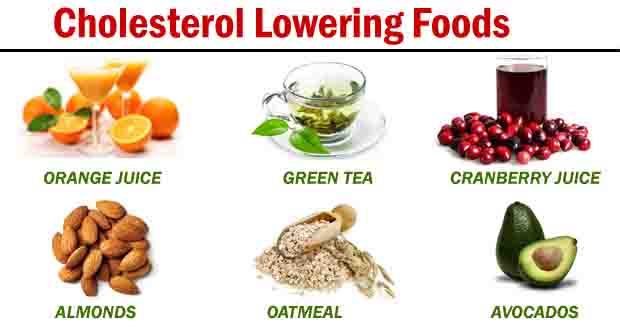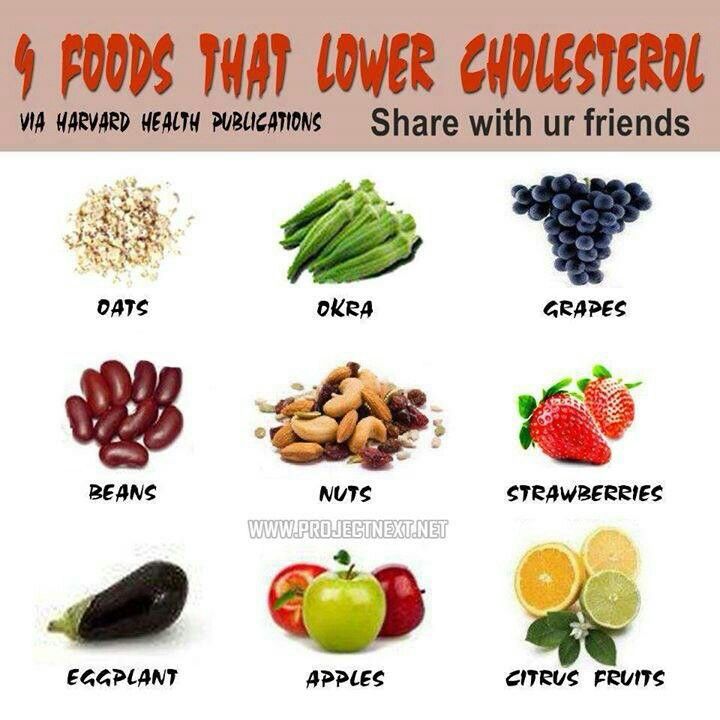What is Cholesterol?
It is an oil-based fatty, waxy substance that does not mix with blood. It is carried around in the body by proteins. When cholesterol and protein combine it is known as lipoprotein. It is mainly produced by the liver but is can be derived from other food sources too. It is vital for normal functioning of cell. There are two types of lipoproteins – High density lipoprotein (HDL) – It is referred to as 'good cholesterol'. These carry the cholesterol away from the cells, back to the liver where it's either broken down or passed out of the body as a waste product. High levels of HDL are not harmful. Low density lipoprotein (LDL) – It is referred to as 'bad cholesterol'. These carry cholesterol from liver to the cells that need it. If more than required amount of cholesterol is present then it builds up in the artery walls.
Functions of cholesterol
It has 4 major functions:
- contributing to the structure of cell walls
- making up digestive bile acids in the intestine
- allowing the body to produce vitamin D
- enabling the body to make certain hormones
Causes of high cholesterol
- many different factors can cause the cholesterol levels to increase.
- Diet– food have high levels of saturated fats.
- Obesity or overweight– it tends to increase one's cholesterol levels
- Inactivity or lack of physical activity
- Smoking - a chemical found in cigarettes called acrolein stops the action of HDL
- Alcohol intake
- Age and gender
- Heredity – the genetic makeup of an individual also plays a role
- Liver disease
- Hypothyroidism
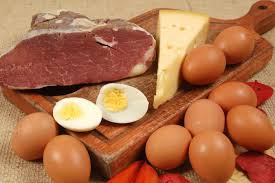
Symptoms
it is asymptomatic,there are no visible symptoms of high cholesterol. Unless screened through regular check-ups and blood tests, cholesterol levels can go unnoticed.
Advised levels of cholesterol –
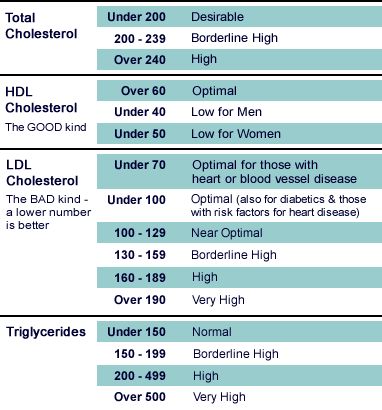
Risks or dangers of having high cholesterol
Heart diseases – it can cause -
- heart attack
- stroke
- atherosclerosis (narrowing of arteries)
- coronary heart disease
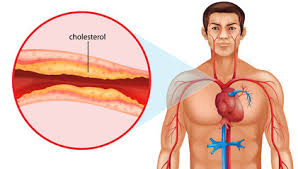
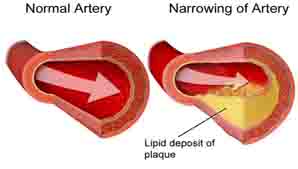
Diagnosis
a simple blood test and lipid profiling is done to measure the amounts of cholesterol in blood. Over the age of 20, it is advisable to have a blood cholesterol level check once in 4-5 years.
Treatment
treatment of cholesterol includes 3 parts –
Lifestyle changes – this includes avoiding smoking and drinking alcohol. Regular physical activity is a must. Maintaining a healthy weight is another key to decrease high cholesterol.
Diet – having a healthy diet is a must. The diet should contain low amounts of saturated fats. A higher proportion of fruits, vegetables and dietary fibers.
Medications – statins or HMG-CoA reductase inhibitors are commonly used to reduce he levels of cholesterol. Statins block a substance your liver needs to make cholesterol. This causes your liver to remove cholesterol from your blood. The commonly given statins is atorvastatin. PCD Pharma Franchise Company, Alvizia healthcare have atorvastatin medications called ATMOSTAT Tabs. 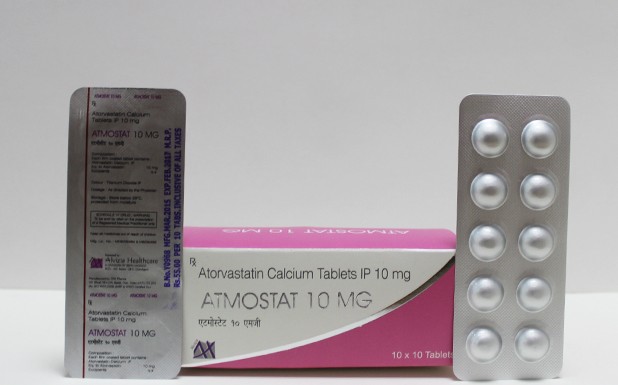
They also have a tablet ATMOSTAT-EZ which is a combination of atorvastatin and ezetimibe. Ezetimibe is a medication that blocks the absorption of cholesterol from food and bile juices in your intestines into your blood.
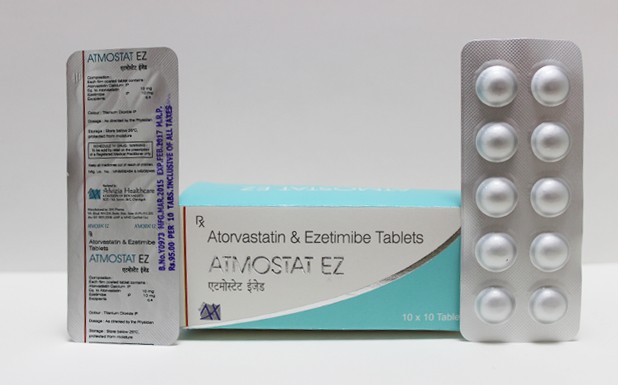
Other statins given are rosuvastatin (ATMOVAST Tabs), lovastatin and many more. Other than statins, cholesterol absorption inhibitors, fibrates, nicotine acids etc. are also given.
